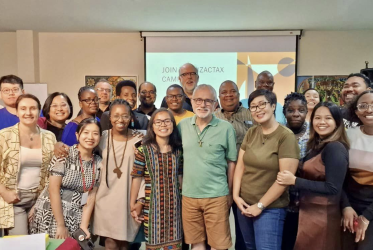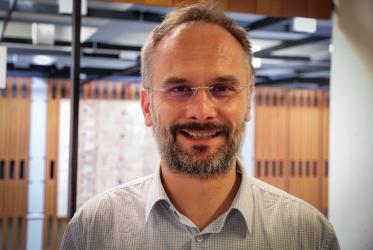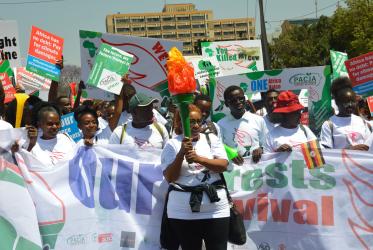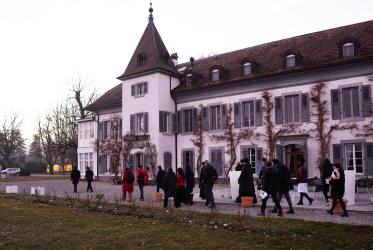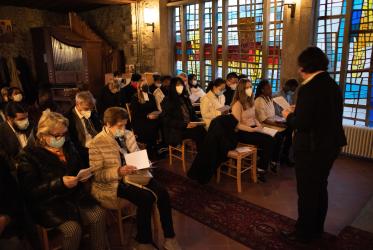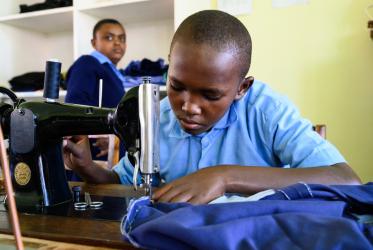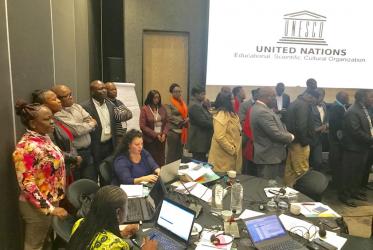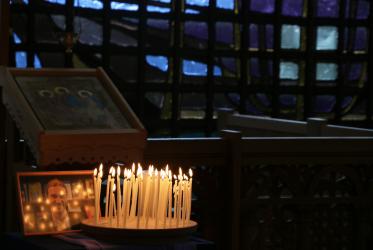Displaying 1 - 20 of 75
12 February 2024
GEM School explores how to make new economic world order a reality
08 September 2023
African church-backed torch marches toward COP27
27 October 2022
Bossey student Carolina Zamorano reflects on study visit to Rome
02 February 2022
Applications open anew for Bossey online course in ecumenism
13 January 2022
Faith-based investment conference shows we can “Walk the Talk”
15 January 2021
Knowledge of gender roles deepens in Togo
03 June 2019
WCC pays tribute to ecumenist pioneer
08 May 2019
A faith-based, holistic approach to HIV and AIDS-care
13 March 2019
Faith and HIV treatment go hand in hand
06 March 2019
Turning mercy and compassion into action
04 March 2019
On the journey to HIV – bridging gaps, debunking myths
21 February 2019

